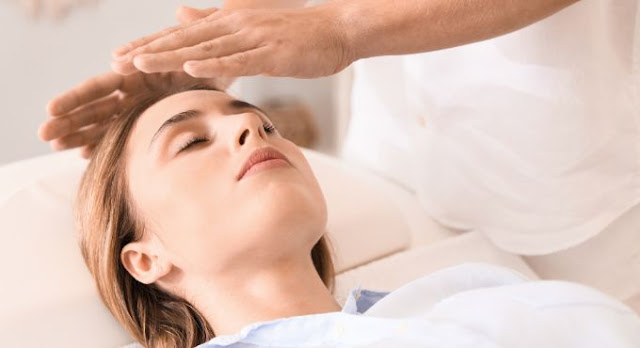In today's fast-paced world, mastering the art of wellness has become essential. We often find ourselves juggling multiple responsibilities, which can take a toll on our physical and mental health. This comprehensive guide will take you on a journey to discover the secrets of holistic well-being, providing you with valuable insights and actionable tips.
What is Wellness?
Before we dive into the details, let's define what wellness truly means. Wellness encompasses more than just physical health. It includes mental, emotional, and social well-being. Achieving wellness means finding a balance in these areas to lead a fulfilling and meaningful life.
The Four Pillars of Wellness
1. Physical Wellness
Physical wellness is the foundation of overall well-being. It involves taking care of your body through proper nutrition, regular exercise, and adequate rest. By prioritizing physical health, you can boost your energy levels, prevent diseases, and improve longevity.
2. Mental Wellness
A healthy mind is just as important as a healthy body. Mental wellness focuses on managing stress, practicing mindfulness, and nurturing emotional intelligence. Learn how to quiet the noise in your mind and cultivate a positive outlook on life.
3. Emotional Wellness
Emotional wellness delves into understanding and managing your emotions. It's about building resilience and developing healthy coping mechanisms. Explore strategies to navigate life's ups and downs with grace and composure.
4. Social Wellness
Humans are inherently social beings. Social wellness emphasizes the importance of maintaining meaningful relationships and fostering a sense of belonging. Discover how to create a support system that enhances your well-being.
The Holistic Approach
Wellness isn't a one-size-fits-all concept. It's about finding what works best for you and integrating various practices into your daily life. Here are some holistic approaches to master the art of wellness:
1. Mindful Meditation (H1)
Mindful meditation is a powerful tool for improving mental wellness. It helps reduce stress, anxiety, and depression. Dedicate a few minutes each day to meditation to reap its numerous benefits.
2. Balanced Nutrition (H1)
Your diet plays a crucial role in physical wellness. Consume a variety of nutrient-rich foods, and stay hydrated to fuel your body and boost your immune system.
3. Regular Exercise (H1)
Physical activity releases endorphins, the body's natural mood lifters. Find an exercise routine you enjoy, whether it's jogging, yoga, or dancing.
4. Emotional Intelligence (H1)
Emotional wellness involves understanding and managing your feelings. Practice self-awareness and empathy to build stronger relationships.
5. Connect with Nature (H1)
Spending time in nature can have a soothing effect on your mind and body. Take walks in the park, hike in the mountains, or simply sit by a lake to reconnect with the natural world.
Conclusion
Mastering the art of wellness is an ongoing journey. It requires dedication, self-reflection, and a willingness to make positive changes in your life. By focusing on the four pillars of wellness and embracing holistic approaches, you can lead a happier, healthier, and more fulfilling life.
Frequently Asked Questions
1. How can I start my wellness journey?
Begin by setting clear goals for each pillar of wellness. Create a plan that includes achievable steps, and gradually incorporate them into your daily routine.
2. Is it necessary to consult a professional for wellness advice?
While self-help is valuable, consulting a healthcare professional or wellness coach can provide personalized guidance and support tailored to your unique needs.
3. Can I achieve wellness even with a busy lifestyle?
Yes, wellness is achievable for everyone. It's about making conscious choices and prioritizing self-care, even in the midst of a hectic schedule.
4. What role does spirituality play in wellness?
Spirituality can be a significant aspect of wellness for many individuals. It provides a sense of purpose and inner peace. Explore spiritual practices that resonate with you.
5. Are there any quick tips for reducing stress?
Practice deep breathing exercises, take short breaks to stretch and relax, and consider incorporating stress-reduction techniques like yoga or meditation into your routine.





0 Comments